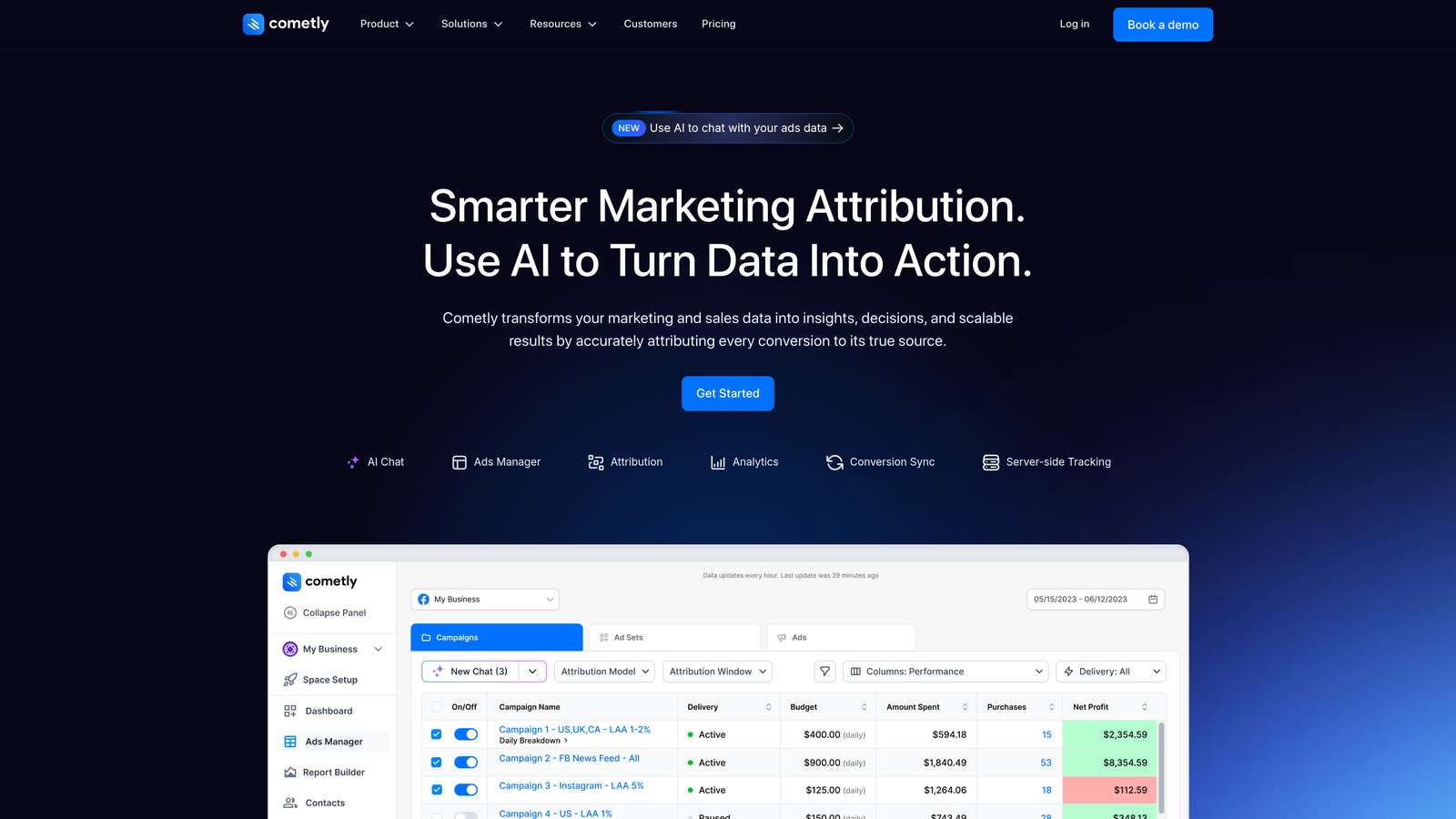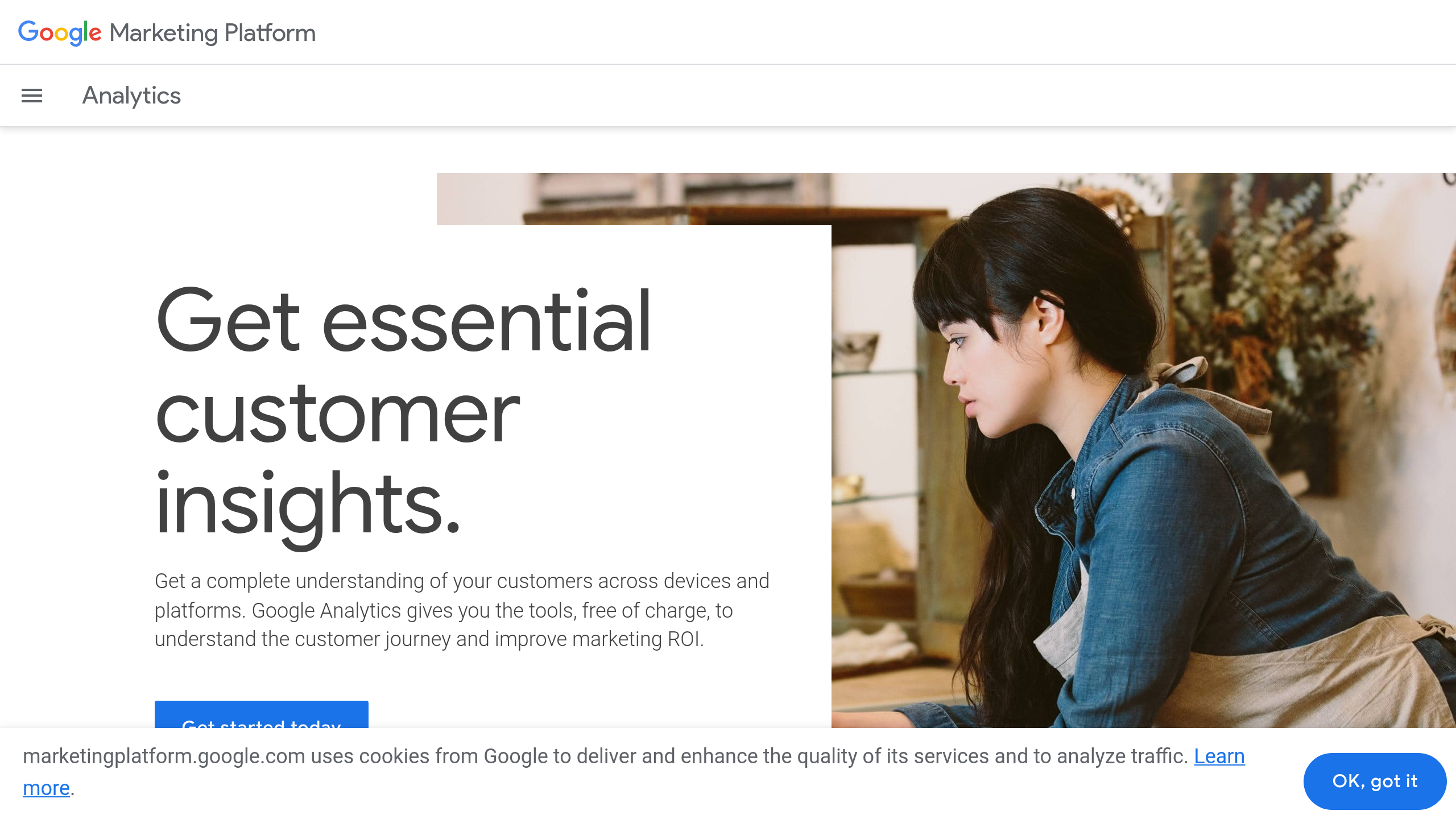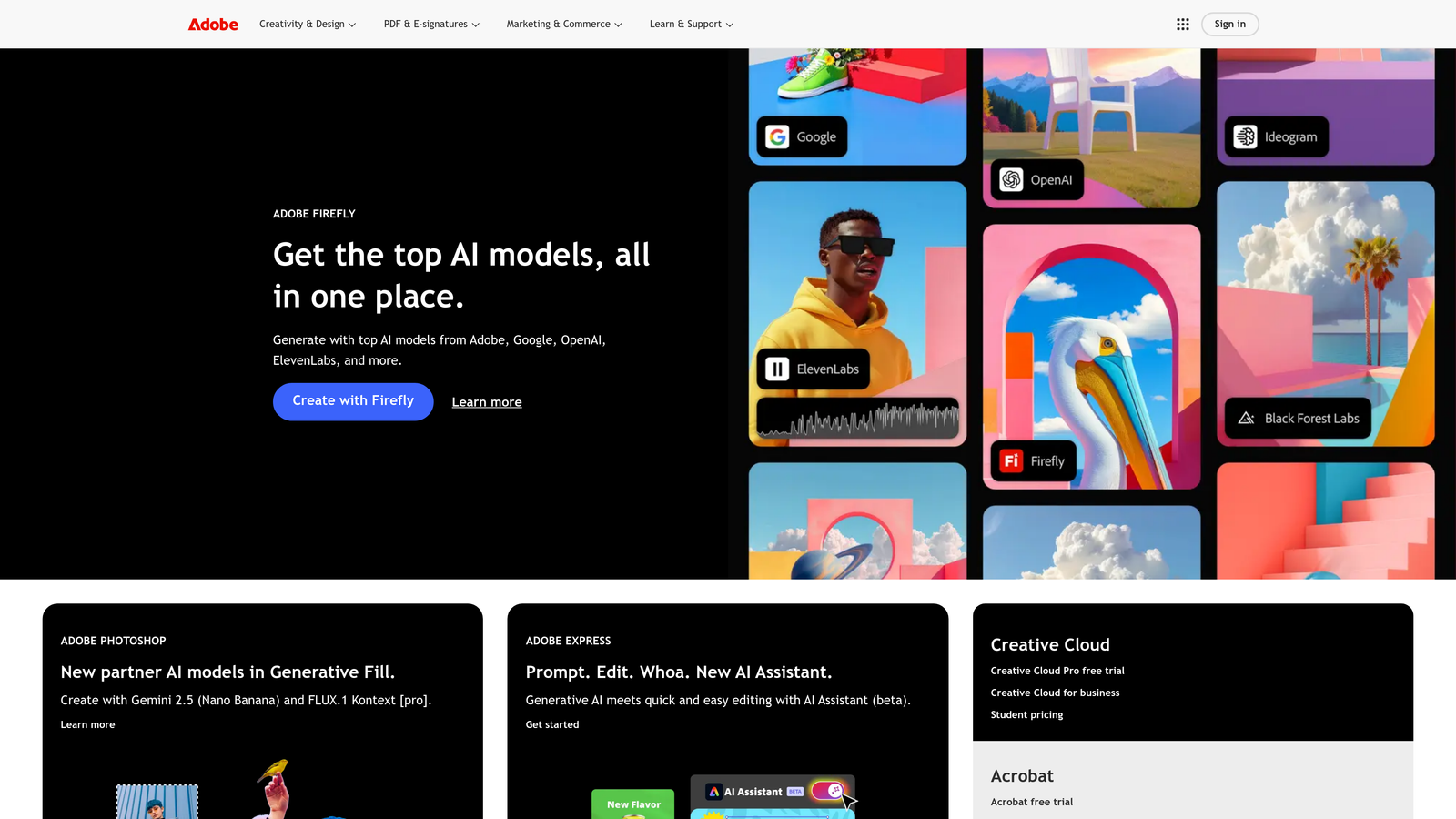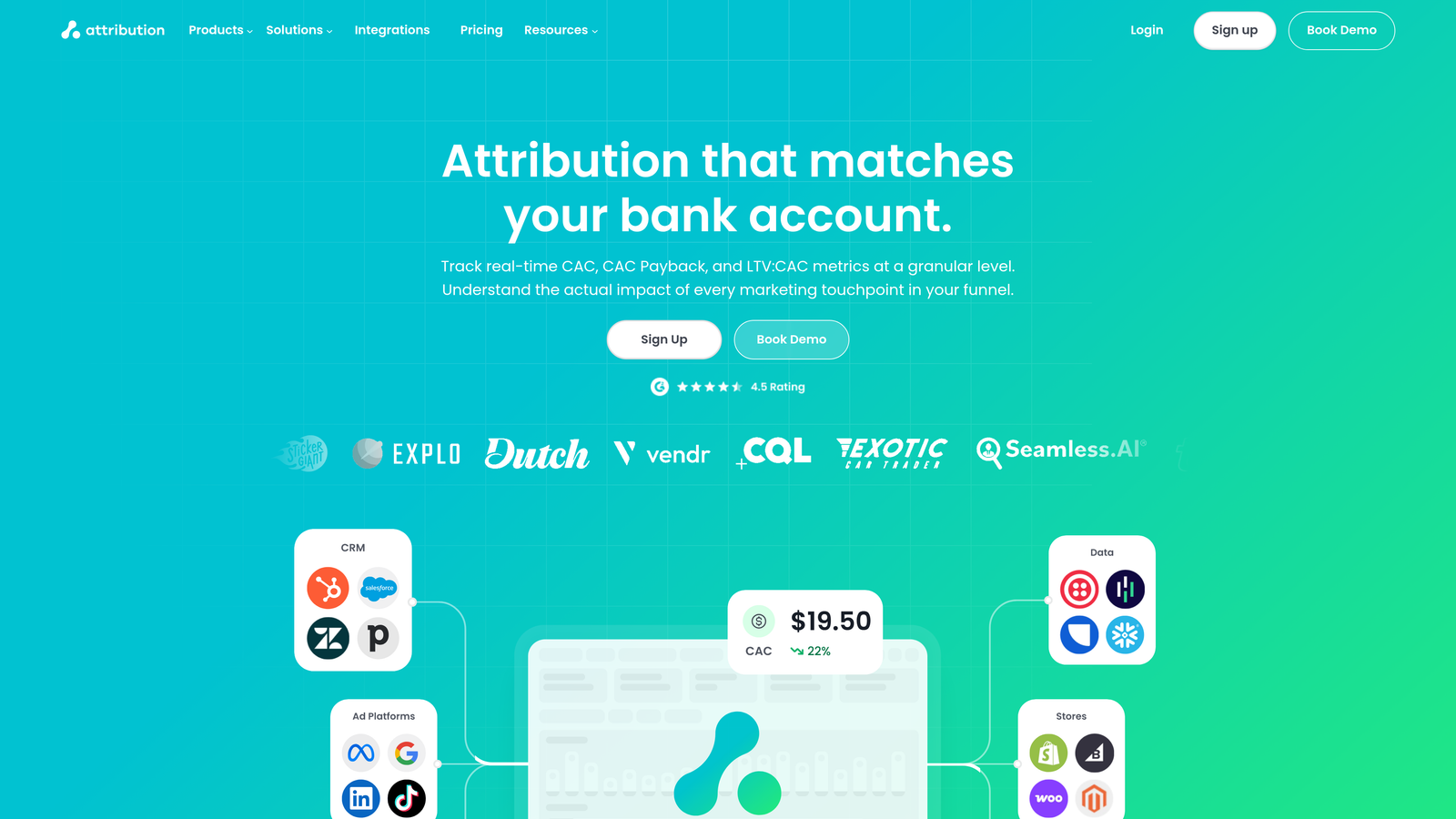Imagine running a marketing campaign and feeling the frustration of not knowing which ads are actually driving revenue. You see high engagement on social media, but your conversions remain low. This is a common dilemma for many marketers today. The average marketer uses over 20 different tools in their tech stack, leading to fragmented data and a lack of clarity on the effectiveness of their campaigns. Without a comprehensive view, making informed decisions becomes nearly impossible.
Enter revenue attribution software—a game changer in the landscape of marketing analytics. These tools centralize data from various sources, offering clear insights into customer journeys and interactions across multiple channels. Studies have shown that companies utilizing multi-touch attribution can see up to a 30% increase in ROI, making the case for why every marketer should consider these solutions. By leveraging this software, businesses can optimize their marketing strategies, allocate budgets more effectively, and ultimately drive better results.
Let's dive into the top 5 revenue attribution tools that can help you track every dollar spent and understand the true impact of your marketing efforts.
Best for: Comprehensive marketing attribution and analytics for performance-driven marketers.
Cometly is a marketing attribution and analytics platform that shows exactly which ads and channels drive leads and revenue. It also covers shopify marketing attribution software solutions.

Cometly stands out by connecting your ad platforms, CRM, and website to track the entire customer journey in real time. This integration allows marketers to visualize how every touchpoint contributes to conversions, enabling data-driven decisions to scale campaigns efficiently.
1. Multi-Touch Attribution: Cometly utilizes multi-touch attribution models to provide insights into how various marketing channels interact throughout the buyer's journey.
2. Customer Journey Mapping: The platform visualizes customer interactions across channels, helping marketers understand the complete path to conversion.
3. AI-Driven Recommendations: Cometly’s AI analyzes performance data to identify high-performing ads and campaigns, allowing marketers to scale their efforts confidently.
4. Integration Capability: It seamlessly integrates with ad platforms like Meta and Google, ensuring that enriched, conversion-ready events are sent back to enhance targeting and optimization.
By capturing every touchpoint, Cometly enriches the data collected, providing a complete view of customer interactions. This comprehensive approach allows businesses to allocate budgets more effectively based on performance data.
Cometly offers a variety of pricing plans tailored to different business needs, ensuring scalability from small businesses to large enterprises. Potential users can contact Cometly for a personalized quote based on their requirements.
Marketers benefit from Cometly's clear insights into what drives revenue, enabling them to make informed decisions on budget allocation and campaign strategies. This clarity leads to improved ROI and more effective marketing efforts.
Best for: Inbound marketing and sales alignment.
HubSpot is a comprehensive CRM platform that includes powerful revenue attribution capabilities and also offers insights into ecommerce marketing attribution software.

HubSpot integrates marketing, sales, and customer service tools into one platform, facilitating seamless revenue attribution for businesses focused on inbound marketing strategies.
1. Attribution Reporting: HubSpot provides reports that detail how each marketing channel contributes to revenue, enabling marketers to understand their ROI.
2. Campaign Analytics: Users can track the performance of marketing campaigns across various channels through a unified dashboard.
3. Contact Timeline: HubSpot's contact timeline allows marketers to see every interaction a customer has had with their brand, aiding in understanding the customer journey.
4. Integration with Other Tools: The platform integrates seamlessly with various tools, enhancing its functionality and allowing for better data utilization.
HubSpot tracks customer interactions from the first touchpoint through the conversion, providing detailed analytics that help marketers refine their strategies.
HubSpot offers a free tier, with additional features available in paid plans starting at $50 per month, making it accessible for businesses of all sizes.
HubSpot's ability to align marketing with sales provides a holistic view of revenue generation, making it easier for marketers to optimize campaigns based on real-time data.
Best for: Comprehensive website and app analytics.
Google Analytics 4 is the latest version of Google’s analytics platform, designed to provide better insights into user interactions across multiple platforms.

Google Analytics 4 offers advanced tracking capabilities that help businesses understand user engagement and attribution across websites and mobile apps.
1. Event-Based Tracking: GA4 uses an event-based model for tracking user interactions, allowing for more granular data collection.
2. Cross-Platform Tracking: It enables tracking across web and app interfaces, giving a complete view of customer interactions.
3. AI Insights: The platform leverages machine learning to provide predictive insights about user behavior and potential revenue generation.
4. Enhanced Data Privacy: GA4 is designed with privacy in mind, ensuring compliance with data protection regulations.
GA4 analyzes user interactions across multiple touchpoints, providing marketers with insights into how these interactions lead to conversions.
Google Analytics 4 is free to use, making it an excellent option for businesses looking to maximize their analytics capabilities without incurring additional costs.
GA4's comprehensive tracking and reporting capabilities allow marketers to make data-driven decisions that enhance their overall marketing strategies.
Best for: Advanced analytics for large enterprises.
Adobe Analytics provides powerful tools for real-time analytics and customer insights, including the use of digital marketing attribution software.

Adobe Analytics offers robust analytics solutions tailored for enterprises that require in-depth insights into customer behavior and attribution.
1. Custom Attribution Models: Users can create custom attribution models to suit their unique business needs.
2. Real-Time Data Analysis: The platform provides real-time data analysis, enabling quick decision-making based on current trends.
3. Segmentation Capabilities: Advanced segmentation tools allow marketers to analyze specific groups and tailor strategies accordingly.
4. Integration with Adobe Experience Cloud: Adobe Analytics integrates seamlessly with other Adobe products, enhancing its functionality.
By tracking user interactions across various platforms, Adobe Analytics helps businesses understand how different marketing efforts contribute to revenue.
Adobe Analytics pricing varies based on the features and scale required, typically catering to larger enterprises with complex needs.
Adobe Analytics is ideal for organizations that need advanced analytics capabilities and deep insights into customer behavior to drive their marketing strategies.
Best for: Marketers looking for a dedicated attribution solution.
Attribution is a tool specifically designed for marketing attribution, providing detailed insights into the effectiveness of various channels.

Attribution focuses on delivering clear visibility into marketing performance, helping businesses understand how their marketing efforts convert into revenue.
1. Multi-Touch Attribution: The platform offers various attribution models to assess the impact of all marketing channels.
2. Customer Journey Tracking: Attribution provides tools for tracking the entire customer journey, from first touch to conversion.
3. Integration with CRM and Ad Platforms: It integrates with popular CRMs and ad platforms, enhancing its data capabilities.
4. Actionable Insights: Users receive actionable insights based on data analysis, enabling them to optimize their marketing strategies.
Attribution collects data from multiple sources, providing a comprehensive view of how each marketing effort contributes to revenue.
Attribution offers various pricing plans based on features and the level of support required, making it accessible for different business sizes.
Attribution is beneficial for marketers looking for a focused solution that delivers clear insights and aids in optimizing marketing strategies effectively.
In an age where data is king, leveraging revenue attribution software is essential for marketers who want to optimize their campaigns and understand their ROI accurately. The tools discussed here—Cometly, HubSpot, Google Analytics 4, Adobe Analytics, and Attribution—offer a range of features that can help businesses track every dollar spent and make informed decisions.
As you consider your options, exploring a marketing attribution strategy can provide further insights into effective implementation. For those looking to gauge the success of their strategies, learning how to measure marketing effectiveness is essential.
Ready to take your marketing efforts to the next level? Get your free demo at Cometly today!
Learn how Cometly can help you pinpoint channels driving revenue.
.svg)
Network with the top performance marketers in the industry